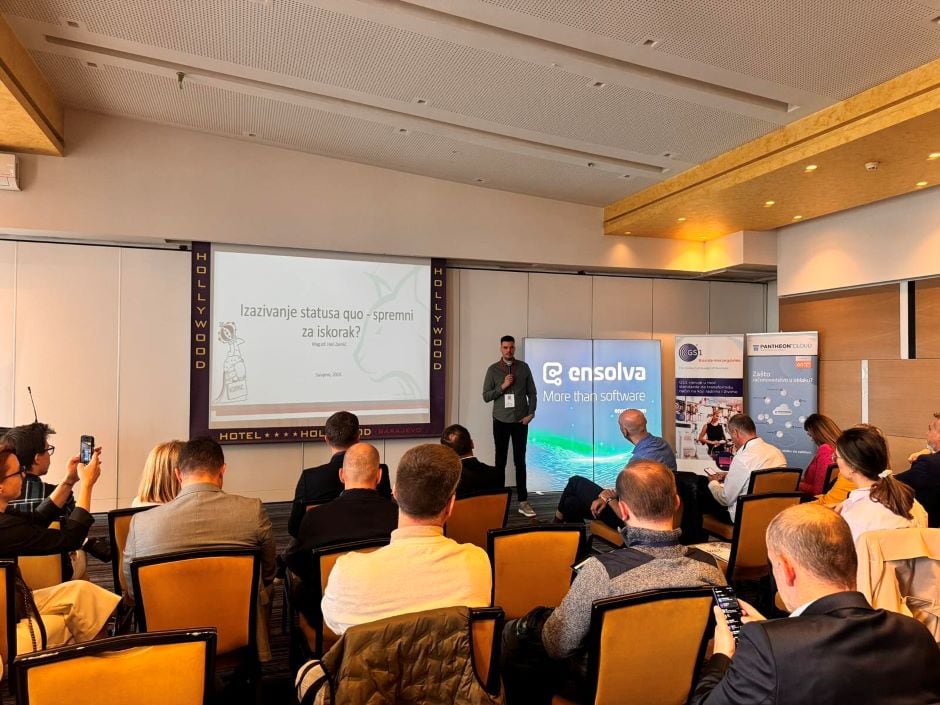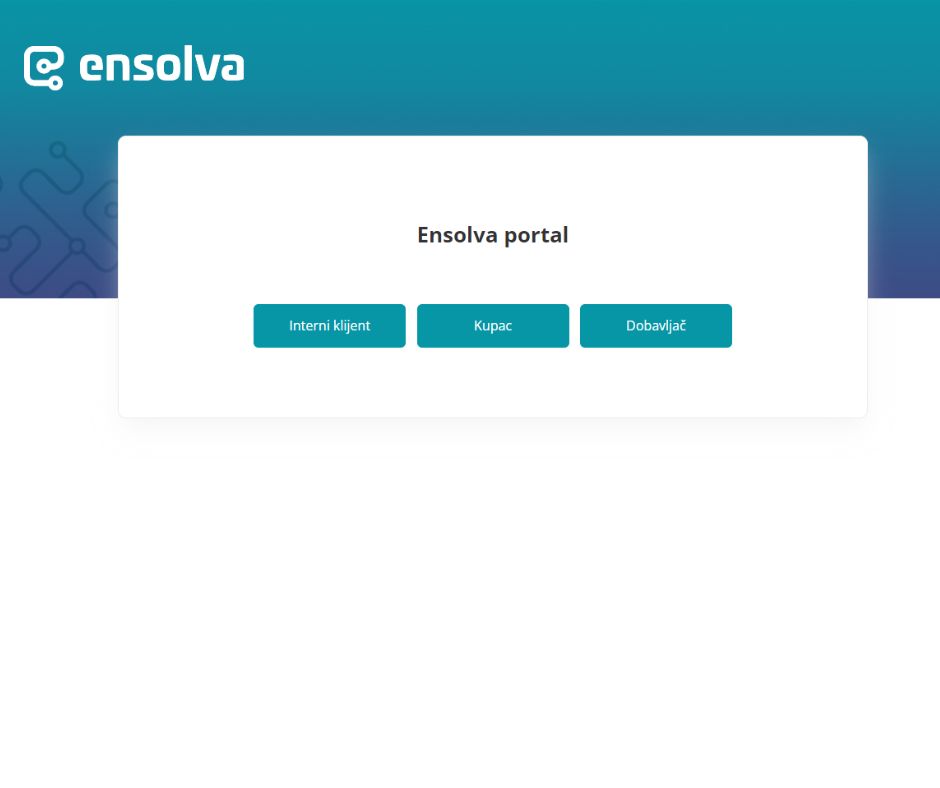“In business as in life, you don’t get what you deserve – you get what you negotiate.”
(C. L. Karrass)
5 Tips for Successful Negotiations
The main task procurement professionals have is to procure products or services by getting best possible deals and maintaining good quality. Some people are born with good negotiation skills, but others don’t have this gift. However, negotiation skills can be mastered through theoretical and practical learning so we bring you 5 useful tips as a starting point for becoming a better negotiator.
1. Good Preparation
Good preparation is half the battle. Before attending a meeting, be sure you know your suppliers and the market well. It’s also important to be aware of your negotiation position and, of course, your company’s procurement strategy. Make a research about the company and people you’re going to negotiate with. In this step, Ensolva can be very useful. Use RFI’s to explore the market, analyze collected data and approach negotiations objectively. The more information you manage to collect, the stronger your negotiation position. This step is the most important one so good negotiators never neglect it.
2. Be Curious and Don’t be Afraid to Ask
A good negotiator knows everything’s negotiable. That very awareness is what differentiates a good negotiator from all the others. Don’t be afraid to tell or ask what you want. Ask open questions so the person you talk to will have no choice but to answer questions more widely. Analyze these answers – talk less and listen more. This way, you’ll notice the signs the person gives you unconsciously and thus seize opportunities the other side didn’t even know they gave you.
3. Look at the Situation From Another Angle
Keep an open mind so you can also consider things from the perspective of the person you’re talking to. A good negotiator knows his goals well but also understands the goals of the person on the other side. Think about the reasons why the other side is negotiating with you in the first place. When you manage to get the answer to this question, you’ll be able to point out the benefits the other person gets from your collaboration at a crucial point. This way, you’ll be one step ahead and thus strengthen your negotiation position.
4. Keep Calm
Stay calm and focused even when the situation is not very comfortable. Create a small dose of pressure to the other side and wait in silence a bit longer than expected. Most often, in such situations, the other side will start negotiating “with itself”. Create tension, but don’t allow it to affect you badly. A well-balanced negotiating position and an objective response to the tactics of the other party will bring you results you have never dreamed of.
5. Master the Technique
There are many more factors that create a good negotiation technique, and some of them are:
- A clearly defined vision and focus on the future
- Connecting to the interlocutor on a personal level
- Overcoming fear of rejection
- Good estimate of the moment and the way of introducing new variables into discussion
- Properly setting conditions that will lead to the achievement of goals set
- Process control and negotiation flow tailored to you
Once you master these basic rules, your self-confidence will grow steadily, and it’s clear that self-confidence is the most important characteristic of a good negotiator. Every person you talk to is different, but your attitude greatly affects the outcome of the negotiations. Look for an outcome that will both be beneficial and build quality long-term relationships with your partners.



